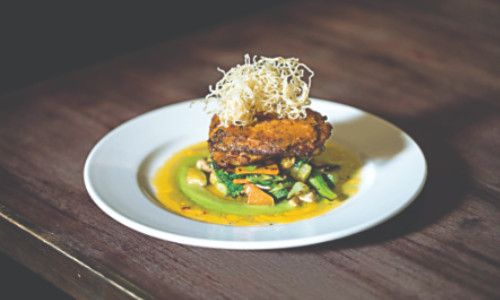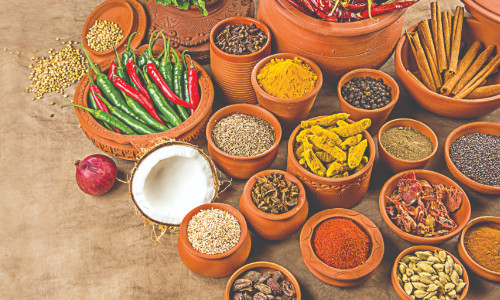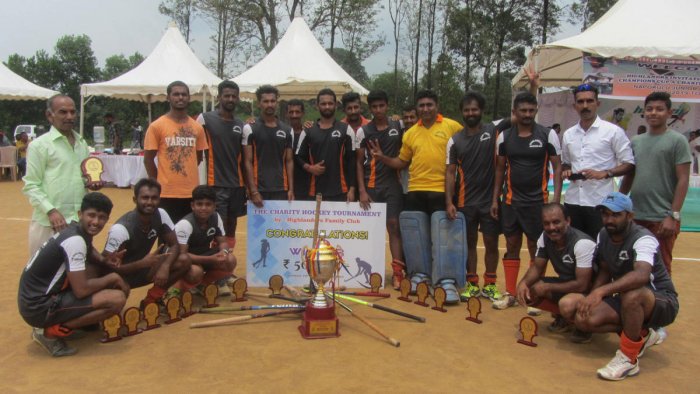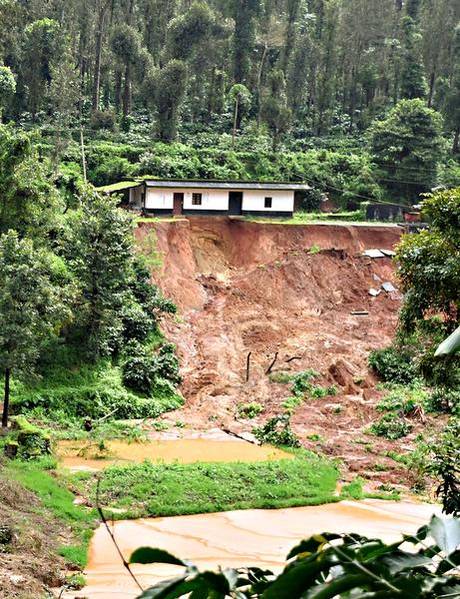For centuries Coorg was quite inaccessible – a landlocked region, making it almost essential for the locals to make the best use of local ingredients and spices, that spawned few cuisines like no other.
When it comes to food having pan India presence, there are quite a few well known cuisines like Mughlai, Kasmhiri, Punjabi, Goan etc. These cuisines have earned their names from the areas they belong to and now have become must have dishes on almost every Indian dining tables. In fact, some of these cuisines also satiate the foodies from all over the world.
But is that all India has to offer in term of taste? Of course not, in fact it is an injustice to limit Indian food with these cuisines as every nook and corner of the country offers different taste. There’s a popular saying about India’s diversity; water changes every 3 kms, and the language changes every 12 km. Perhaps, the saying should have included food too, which also varies from place to place.
India has many varieties of culinary delicacies and it becomes difficult to choose a particular cuisine. One such cuisine is the Coorg food, which is not so popular, but can be a tough competition to other cuisines in India or in world. Located in the southern part of India in Karnataka state, Coorg is not a name of a place but a whole region called Kodagu. It consists of three taluks, Madikeri, Virajpet and Somwarpet and its inhabitants are known as Coorgi. Coorg is spread over an area of about 4000 sq kms and was quite inaccessible for centuries. The whole area is full of dense forests surrounded with coffee, bamboo, sandalwood, honey, cardamom and oranges plantations, therefore one could find a lot of influences of these in their food.
The best way to know the food habits of the people is to know about the region and its inhabitants. Coorgis don’t belong to the Dravidians race, and as such they don’t have any similarities with other races in India. Most of the Indian traits are missing from them, and that includes food too. Almost all Coorgis are meat eaters, mainly pork.
“Food in Coorg is as delectable as the land. Coorgis love to relish alcohol and non-vegetarian food. The best way to sample their cuisines is at a Kodava wedding which can very well be the ultimate showcase of the region’s cuisine. Unlike any other communities is South India, Coorgis serve alcohol and non-vegetarian food at their weddings. Pondi Curry or pork in spicy and sour gravy made from Kachampuli is the most popular dish in any wedding that you might attend in Coorg,” informed executive Chef Ranjan Samal of The Tamara, Coorg. He added that that this dish was originally prepared with wild boars.
Why they have so much love for pork? To know the answer one needs to peep into their background. Coorgis believe themselves to be Kshatriyas, a community of warrior community. Therefore, they would eat whatever is easily available and gives them strength. Perhaps this is the reason they serve and feast on pork during community feasts. Pork is the most sought after food in any traditional Coorgi functions.
One also finds abundance of jackfruit, jungle mangoes, kembh leaves to in their food as ingredients.
Another important part of their cuisines is rice. Just like any other south Indian state, rice is the staple food in Coorg too. Rice grows in abundance in and around Coorg, hence one finds dishes oriented around rice. Local rice, called Sannakki grows plentifully in the lush, fertile valleys of Coorg and is different from the usual Basmati variety we use elsewhere in India and has a fragrance that unquestionably makes one fall in love with it.
“Akki Rotti, a chapatti-like pancake, is made of rice and rice flour. Similarly, another popular dish, Nooputtu, rice threads similar to Idiyappam from Tamil Nadu and Kerala can also be found on their dinner table. Paaputtu, which is a mix of steamed broken rice, coconut and sugar usually consumed at breakfast, is also made of rice. At lunch or dinner Coorgis eat rice along with at least one non-veg dish,” added Ranjan Samal. He added, “Wheat is scarcely eaten by them”.
Coorgis also love to eat various chutneys and pickles with their meals. Coconut along with onions and garlic is largely used in chutneys. The most amazing chutney is a non – vegetarian one and is the Crab chutney made with freshwater crabs usually found in the paddy fields during monsoon.
Vegetarians travelling to Coorg don’t loose heart; there are plenty of vegetarian options here. Lots of vegetable and shrubs like kembh leaves, edible colocasia and fruits like jungle mangoes are the part of their cuisines. Kachampuli, a thick concentrated juice from a local fruit (Garcinia Gummi Gutta) provides the sauce base for most Coorgi dishes.
“Dishes like Kaad Maange curry; made of wild mango, which has a more peppery tart flavour than regular mangoes, Chekke curry, made from raw jackfruit, Kemb curry made from the colocasia plant, the Kumm curry made from wild mushrooms etc. are a few popular veggie delicacies. The bamboo shoot curry is also a favourite during monsoons and is cooked in red chillies, mustard and ground coconut and served with rice,” ended Chef Swaminandan, Madikeri Foods, Madikeri. He added that his favourite dish though is the Kummu Cuury prepared with wild mushrooms available in the area.
Homemade Coorg wine also finds a distinctive place in Coorg cuisine. This wine is prepared with variety of locally-grown fruits like orange, grapes, gooseberry, chickoo, orange peel, orange plum or even betel nuts. Depending in the fruit used the wine is available in vibrant shades, from red and green to dark pink.
You have to be careful though; the cuisine is a bit too hot for people who are not used to it. Nothing much to worry though, to counter the hotness of their food, they have a dessert called Chikklunde, which is made with puffed rice. These sweet dumplings again are an essential part of a Kodava wedding. The bride normally carries these as part of the traditional goodie hamper when she goes to her in laws home.
source: http://www.millenniumpost.in / Millennium Post / Home> Sunday Post> Routes / by Pradeep Chamaria / April 20th, 2019










